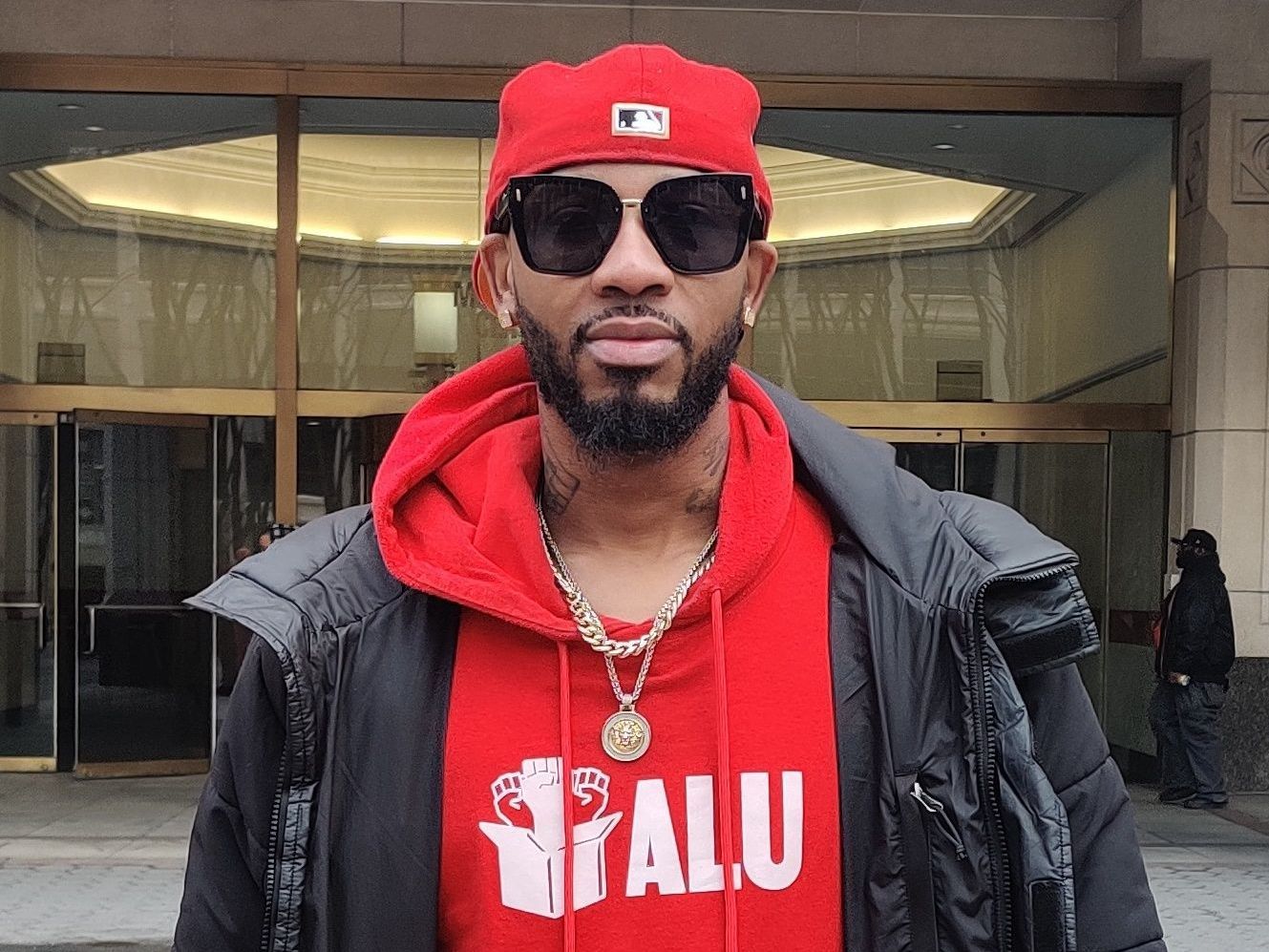Corporate Sponsorships & Partnerships: Advice on Engaging Corporate Partners
Companies gave nearly $17 billion to charities during 2020 (Giving USA 2020), representing a critical revenue source and strategic partner for nonprofits. With 8 in 10 Americans expecting businesses to positively impact society (Cone/Porter Novelli, 2018), gone are the days of companies merely being satisfied with visibility and their name on an event T-shirt. Today, engaging corporate partners requires nonprofits to think differently about how they approach companies, identify opportunities, develop a corporate partnership strategy and measure impact.
To help nonprofits forge successful relationships with more companies, we asked two corporate social responsibility experts and funders for their advice. Here’s the guidance Michelle Hamilton, senior community investment manager at the Florida Blue Foundation, and Chris Johnson, senior social responsibility specialist at The Mosaic Company, shared to help you and your nonprofit successfully engage corporate partners.
What are the most common mistakes you see nonprofits make when it comes to corporate partnerships?
Michelle: Many organizations apply for funding without understanding our company’s mission or areas of focus. Or, they submit large funding requests before a funder has learned about their work or established a relationship. Don’t be afraid to ask a potential partner for an initial meeting. That preliminary outreach can help your nonprofit understand what opportunities to pursue, provide time-saving information and begin building a longer-term relationship.
Chris: We also get many funding requests from individuals and organizations we don’t know. Commit to cultivating relationships and communicating with company contacts — not just when you’re asking for money. Don’t forget that companies consist of your neighbors who care about the issues impacting your community. Find that common ground and establish a relationship before making significant fundraising asks.
What are you looking for in a nonprofit partner?
Chris and Michelle:
There are five things we consistently look for in our nonprofit partners:
- Alignment with our company’s purpose and priorities
— We seek partners who strategically connect the dots between our shared work and objectives. Take the time to be intentional in identifying where both the company and your nonprofit align.
- Collaboration
— We prioritize nonprofits that work across the community with others and avoid duplicating efforts to ensure dollars stretch as far as possible.
- Regular communication
— We love when nonprofits keep us informed about what’s happening within their organizations. The best relationships are with those who check in, not just when they need something, but who treat us as a strategic partner invested in their work.
- Proximity to where our employees live and work and the societal issues in those communities
- Being data-driven — We expect nonprofits to use data and insights when presenting funding needs and proposing solutions to address them through a partnership.
What do you expect from nonprofits when it comes to impact and your return on investment?
Michelle: When it comes to measurement, we look at two sides of the coin. Event activation is beneficial for educational opportunities, lead generation and brand visibility, while programmatic funding allows us to improve lives through issues like food security, mental well-being and health equity. Impact goals and reporting vary from partner to partner because every objective and program is different. There must be a dedicated collaboration between the nonprofit and corporate partner to determine how to measure success and define what is realistic for the nonprofit to capture.
Chris:
We seek both internal and external impact with our partners.
Internally, we care about building the capacity of our nonprofit partners, enhancing their sustainability and improving their ability to achieve their stated objectives. We don’t want our partners to create something to receive funding; we want to enhance what nonprofits are already doing well while identifying ways to improve or innovate it.
Externally, we want to solve community problems and address systemic and institutional issues that are impacting communities. This requires a robust approach. It’s much simpler for corporations and foundations to put their name on something or give money through an event sponsorship. On the flip side, it’s easier for nonprofits to host an event and raise money. It’s more challenging to address systemic and institutional issues because they entail data evaluation, cross-sector collaboration and a deeper investment of time and resources. We want to take a multi-faceted approach so we can fund emerging needs while also addressing the systemic issues that affect our communities.
Finally, the United Nation’s Sustainable Development Goals (SDGs) are important at our company. There are five we focus on, and most of the nonprofit work we fund fits into or advances one of those areas. Understanding potential partners’ priorities is critical to achieving the greatest impact.
What practical advice would you give to nonprofit leaders who want to engage corporate partners more effectively?
Chris and Michelle:
- Ensure you’ve done your homework on the company and understand what they do and if a partnership is a good fit.
- Invest in yourself and your ability to cultivate and steward relationships. Professional development can help you build necessary or new skills to garner a meeting, create a winning proposal and deepen relationships.
- Commit to building relationships outside of the fundraising process. Participate in your local chamber or other business groups. Genuinely get to know community leaders without an agenda.
- Be transparent. As a funder, it’s essential to understand what’s working well along with the challenges. We have access to resources and expertise that can help you mitigate challenges when they arise. Don’t be afraid to share the bad with the good.
- Engage your board of directors to assist you in opening doors, making introductions and asking for funding. It can take some of the pressure off your staff and create a shared leadership responsibility.
- Follow current and potential funders or corporate partners on social media and engage in a dialogue with them. This allows you to stay apprised of both the big and small things happening within the company and open opportunities for your nonprofit to celebrate them.
- Ask your corporate partners what you can do for them. Instead of only asking them for support, find out if there are ways you can support them in your daily activities such as sharing their good news or helping them connect to the community.
This article originally appeared in Nonprofit Leadership Center







